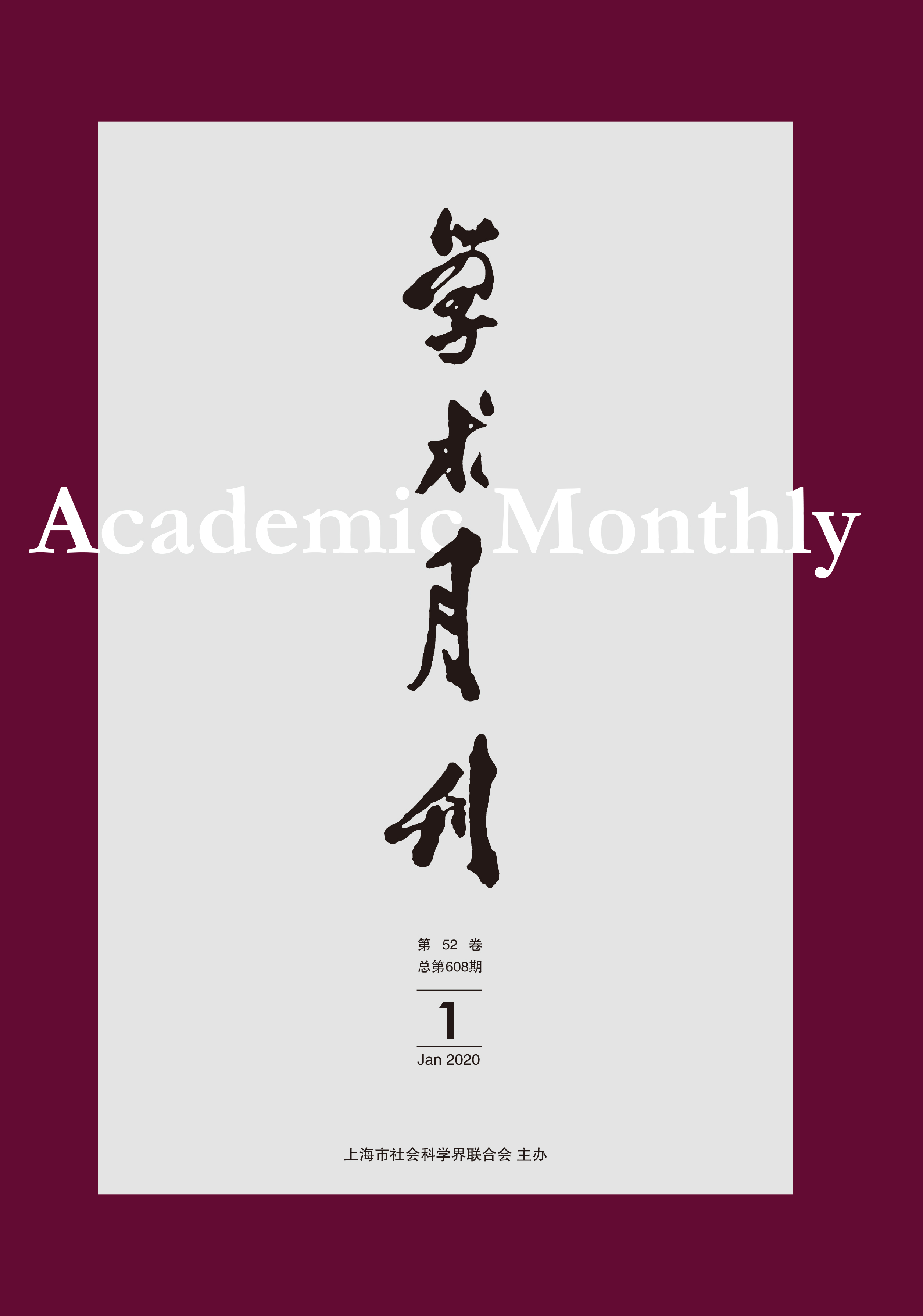Citation:
Senlin LIU. The Esoteric Meaning of Nietzsche’ Nihilism[J]. Academic Monthly, 2020, 52(1): 30-39.

The Esoteric Meaning of Nietzsche’ Nihilism
-
Abstract
There are three possible argumentations to interpret the esoteric meaning of Nietzsche’s nihilism as “nothing comes of nothing and nothing exists”. But all of them are infeasible. The first one is: The almighty God, who views the man’s world from a universal perspective, would see the pursuing of men as meaningless, for they are in the eternal recurrence, which means the absolute nihilistic state. The second one is: After a theoretically conceived superman exhausted all the possibilities on the road of creation, he would comment his experience as “nothing comes from nothing”. The third one is: Regarding the superman as someone who ignobly and purely uses, or even kills other people when needed to achieve his goal, just like illusioned Raskolnikov, the figure of Dostoyevsky’s novel Crime and Punishment. As a matter of fact, based on the real existence and act of individual, Nietzsche verdicts the nihilism. And it is the incapable’s illusion rather than Nietzsche’s judgement that man can think like God or a superman who is capable of making everything happen. For Nietzsche, a superman is not someone like Raskolnikov. The former never arbitrarily and instrumentally treats others and he should rather be a wise who takes responsibilities and gives the common majority some room to think and act rightfully and naturally. Therefore, the esoteric meaning of Nietzsche’s nihilism could only be: according to the variety of people’s quality and ability to display to them the rootless and truth of the world on different levels.
-

-
References
-
Access
-
-
[1]
Siwen LEI
. To the Things Themselves. Academic Monthly,
2020, 52(12): 14-22.
-
[2]
Jilin XU
. The Historical World and Spiritual Ethos of the Radical Intellectuals in Late Qing. Academic Monthly,
2021, 53(5): 202-216.
-
[3]
. . Academic Monthly,
2017, 49(11): 161-147.
-
[4]
Xiangping LI
, Minghui YAO
. The Deification by the Sacred King: The Order and Mentality of the Beliefs of Hierarchy Determined by Virtues. Academic Monthly,
2021, 53(6): 99-107.
-
[5]
TUO Jianqing
. Correspondance as “神契”:Redefinition on Baudelaire's Correspondence Thought. Academic Monthly,
2024, 56(3): 174-183.
-
[6]
. . Academic Monthly,
2017, 49(10): 23-34.
-
[7]
Hongtu WANG
. Coincidence and Disruption between Family/Nation and Individual Mind Narratives. Academic Monthly,
2020, 52(10): 116-129.
-
[8]
. . Academic Monthly,
2017, 49(01): 28-35.
-
[9]
,
. . Academic Monthly,
2016, 48(02): 46-55.
-
[10]
. . Academic Monthly,
2017, 49(12): 38-40.
-
[11]
. . Academic Monthly,
2017, 49(11): 150-184.
-
[12]
. . Academic Monthly,
2016, 48(01): 156-178.
-
[13]
Ruiquan GAO
. The Obscure and the Conspicuous: The Concept of Free Will in the Course of Development of Monism of Mind. Academic Monthly,
2022, 54(11): 5-16.
-
[14]
Zhe JIANG
. “Exploring Meaning by Scripture” and “Sola Scriptura”. Academic Monthly,
2022, 54(2): 158-175.
-
[15]
Juyuan CHEN
. The Writing of Confucian Classics in Eight-legged Essay in Qing Dynasty. Academic Monthly,
2023, 55(3): 22-34.
-
[16]
,
. . Academic Monthly,
2016, 48(03): 176-184.
-
[17]
Gang WANG
. On the Issue of Excerpts and Publication “Yan Fu’s Letters to Xiong Yuyang”. Academic Monthly,
2022, 54(5): 206-216.
-
[18]
Xudong HOU
. A Thick Description of Cao Quan’s Home Information in Cao Quan Tablet from the Eastern Han Dynasty. Academic Monthly,
2022, 54(7): 181-195.
-
[19]
. . Academic Monthly,
2016, 48(03): 128-137.
-
[20]
NING Zhenjiang
. . Academic Monthly,
2018, 50(6): 121-132.
-
-



 沪公网安备 31010102003103号
沪公网安备 31010102003103号 DownLoad:
DownLoad: